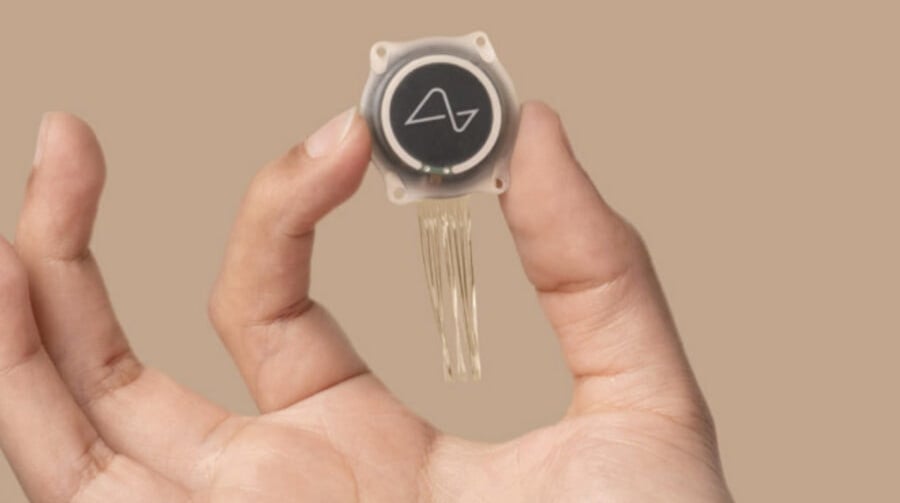“

Yevgeny Demkivsky Author of news Mezha.media and GIK. I write about technologies, cinema and games. Perhaps about games with a little more passion.
The study will be conducted with the University College London Hospitals NHS Foundation Trust and Newcastle Upon Tyne Hospitals. Seven British patients with severe paralysis caused by spinal cord injuries or neurological diseases such as amyotrophic lateral sclerosis will take part in the test.
Professor Garit Akram called trials “an important milestone in the development of brain-computer interface” with the potential to transform the lives of people with severe neurological disorders.
The purpose of the experiment is to implant the N1 chip under the skull of patients and to teach them to control smartphones and tablets by the power of thought without touching the screen. The device uses 128 ultra -thin threads, each of which is thinner than human hair, to connect about 1000 electrodes to the brain.
Neuralink has already conducted successful tests in the United States, where five patients were implanted. Alex is called. Before the spinal cord injury, he worked as a car mechanic, repaired various types of vehicles and large equipment. Now he can even play computer games thanks to neurochip.
Neuralink, founded in 2016, has raised about $ 1.3 billion in investment, and its current estimate reaches almost $ 9 billion. In addition to the United Kingdom, Neuralink also plans to start testing in Canada and the UAE.
”, – WRITE: mezha.media

Yevgeny Demkivsky Author of news Mezha.media and GIK. I write about technologies, cinema and games. Perhaps about games with a little more passion.
The study will be conducted with the University College London Hospitals NHS Foundation Trust and Newcastle Upon Tyne Hospitals. Seven British patients with severe paralysis caused by spinal cord injuries or neurological diseases such as amyotrophic lateral sclerosis will take part in the test.
Professor Garit Akram called trials “an important milestone in the development of brain-computer interface” with the potential to transform the lives of people with severe neurological disorders.
The purpose of the experiment is to implant the N1 chip under the skull of patients and to teach them to control smartphones and tablets by the power of thought without touching the screen. The device uses 128 ultra -thin threads, each of which is thinner than human hair, to connect about 1000 electrodes to the brain.
Neuralink has already conducted successful tests in the United States, where five patients were implanted. Alex is called. Before the spinal cord injury, he worked as a car mechanic, repaired various types of vehicles and large equipment. Now he can even play computer games thanks to neurochip.
Neuralink, founded in 2016, has raised about $ 1.3 billion in investment, and its current estimate reaches almost $ 9 billion. In addition to the United Kingdom, Neuralink also plans to start testing in Canada and the UAE.
